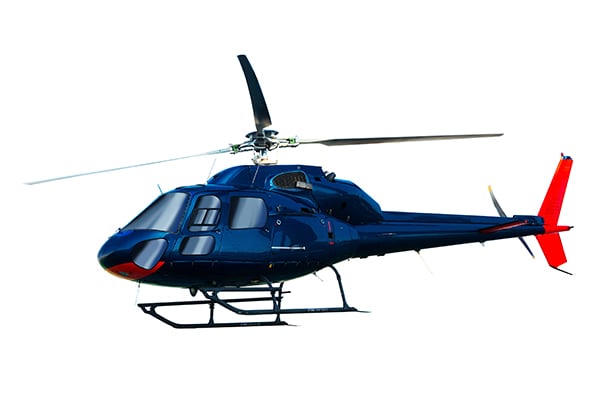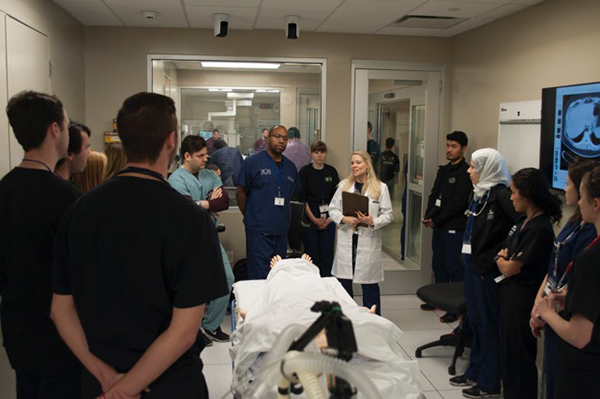Wilderness Medicine EMIG Coalition
Miles McDonough, MSIV, University of Washington School of Medicine
EMRA MSC Pacific Regional Representative 2019-20
What if I told you there was a way to deliver more content, of higher quality, to your interest group members while simultaneously reducing the demand on your time as the leader and organizer of such a group? After serving as the co-leader for both our EM and wilderness medicine interest groups during my first two years of medical school, I too would find this an attractive but unrealistic proposition. From my personal experience, it was difficult to confirm speakers, reserve rooms, secure funding, and procure food for a handful of events each semester while juggling academic and clinical obligations. It always felt like a zero sum game between these interests and the obligatory board-studying regimen.
That being said, this is exactly what not just one, but seven wilderness medicine interest groups in the Northwest region have achieved. Earlier this year, interest group leaders from the Pacific Northwest University of Health Sciences, Oregon Health & Science University, Western University of Health Sciences COMP-NW, Washington State University ESF College of Medicine, Idaho College of Osteopathic Medicine, University of British Columbia Faculty of Medicine, and University of Washington School of Medicine met on a conference call to establish a coalition that would add value to each group. The vision was simple: to create a central platform to merge and share content while harnessing existing technologic infrastructure at their respective medical schools to livestream content. Instead of each group acting in parallel to host (often similar) content, they would pool their resources and cooperate to function more or less as a “super interest group.”
These students benefited from several preceding student initiatives. In particular, some of the same institutions had created a regional conference, Northwest Wilderness Medicine, run entirely by students and exclusively for student attendees. Up until then, despite the strong outdoor community and vast swaths of easily accessible wilderness areas in the Pacific Northwest, there had never been a wilderness medicine conference that catered to students. After a few iterations of this annual conference, the group then established a non-profit organization, Pacific Northwest Wilderness Medicine, to provide strategic direction and financial oversight. A MedWar offering soon followed. The mission statement of the organization slowly crystallized: to provide affordable wilderness medicine education, to foster community, and to facilitate mentorship for current medical students in the region. When the idea for the interest group coalition arose earlier this year, it was immediately obvious that its purpose captured all three objectives of this mission.
So how exactly are they doing this? It is a model that could definitely be adopted in other regions. The student members of the coalition applied for and received a Google “G Suite for Non-Profits” account, which provided free storage space and a YouTube channel to host documents and video content respectively. They added a section to the non-profit’s existing Squarespace website where members could collaborate. Most notably, they used the Teamup calendar application, where each interest group is able to post events they host with a livestream link. The group has had success using Zoom for streaming.
Still in its first year, the coalition is benefiting from the energy and enthusiasm that tends to accompany the excitement of creating something new. That being said, its members are also working hard to build the infrastructure necessary to ensure that the coalition’s efforts are sustainable. The plan is to link the interest group leadership transitions that traditionally occur each fall with an induction of new members to the coalition. The group has decided that an annual retreat to a location that is well known for its wilderness offerings would be a perfect way to facilitate the involvement of new members. The coalition has rented a group campsite in Leavenworth, WA, for the inaugural retreat weekend, with plans for evening social activities and interactive wilderness medicine educational content.
Related Content







